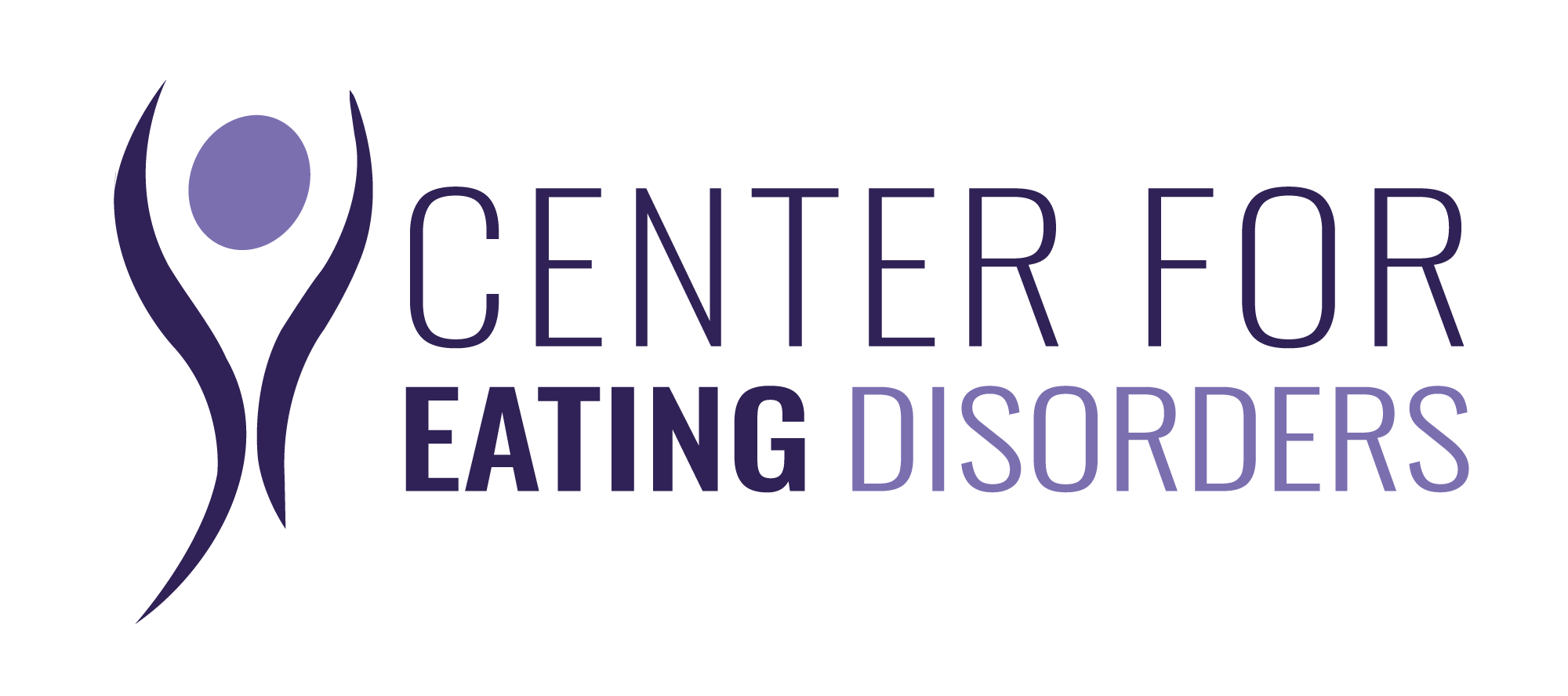BETWEEN SELF-DISCOVERY AND HEALING IN ANOREXIA: A PATH TO THE INNER VOICE
Help with anorexia: for sufferers and relatives
Anorexia is not only a challenge for those affected, but also for those around them, who are often plagued by uncertainty and the question of how best to help. From the initial perception of the signs of an eating disorder to the sensitive start of conversations and long-term support on the road to recovery: we look at various aspects that are crucial for effective support.

When the suspicion arises
The moment a suspicion arises that someone close to you may be affected by anorexia marks a critical turning point. The first step – seeking a conversation – is often characterized by uncertainty and fear of rejection. A sensitive approach to dialog is therefore essential. The aim is to create a space of trust in which the person affected feels understood and not judged. An open ear and a warm embrace can lay the foundation for further healing steps.
The art of listening and understanding
Effective communication begins with conscious listening and an effort to understand the other person’s perspective. First-person messages make it possible to express one’s own observations and concerns without putting the person concerned on the defensive. The key is to have a conversation that is characterized by empathy and acceptance, without focusing on external characteristics or eating habits. Avoiding accusations creates an atmosphere in which healing is possible.
Help with anorexia: Support on the road to recovery
However, the decision to seek professional help must come from within the person concerned. This decision-making process is often lengthy and requires a lot of patience and understanding. Reliable support that willingly listens and encourages lays the foundation for positive change. Celebrating small successes and creating positive experiences play an important role in improving self-image and self-perception.
The two voices in your head
The inner confrontation with anorexia is often accompanied by a battle between two voices: the loudly criticizing voice of the eating disorder and the quiet, often overheard voice of reason. This conflict can lead to a distorted self-perception and ambivalent feelings that make the healing process more difficult. The challenge is to recognize and confront the loud voice of the eating disorder.
Distorted self-perception: a deeper look
The self-image of people with anorexia is often characterized by a distorted perception of their body and their worth as a person. This distortion is deeply rooted in the psychology of this eating disorder and leads sufferers to view themselves through a lens of criticism and deficiency. The constant preoccupation with weight, figure and food intake fosters an internal narrative dominated by self-doubt and negative self-evaluations. This distorted view not only affects self-esteem, but also influences the ability of those affected to recognize and express their own needs and feelings.
The result is a vicious circle of self-criticism and self-negation, which makes it difficult to access one’s own identity and believe in the possibility of change. Acknowledging and becoming aware of this distorted self-perception are crucial steps on the path to healing. They require a careful examination of one’s own thoughts and feelings as well as the willingness to let go of old, self-damaging beliefs. Therapeutic approaches aimed at strengthening the self-image can support this by helping to develop a more realistic and benevolent view of oneself.
Effects on the social environment: a comprehensive perspective
The dynamic between people with anorexia and their social environment is often complex and challenging. The eating disorder can become a central issue in relationships, affecting family members, partners and friends alike. The constant concern for the health and well-being of the person affected can become a source of stress and conflict. Relatives also often feel overwhelmed by the situation. They are unsure how they can provide support without reinforcing the eating disorder or driving the affected person further into isolation.
Without the necessary communication and understanding of the illness and its effects, these stresses can have a serious impact on relationship dynamics. It is important that the social environment is informed and involved in supportive strategies that promote the healing process rather than inadvertently creating barriers. Professional counseling for loved ones can help with how to effectively support those affected while maintaining their own emotional boundaries.
Self-reflection and objectivity
Developing self-reflection and a more objective view of one’s own situation is an essential aspect of the healing process for anorexia. These skills allow sufferers to distance themselves from the limiting beliefs and behaviors associated with the eating disorder. Through self-reflection, they can better understand and question the deep-rooted thoughts and emotions that influence their perception and behavior.
This process opens up the space to explore and integrate alternative, healthier perspectives. Developing objectivity about one’s situation means taking a step back and acknowledging the reality of one’s condition, free from self-deception or denial. This clear perspective is crucial in order to recognize and implement the necessary steps for change. The promotion of these skills can be supported by therapeutic work. Techniques of mindfulness, cognitive restructuring and emotional expression help to build a healthier relationship with oneself and one’s body.
Help with anorexia: finding your true inner voice
The core of the healing path is to strengthen inner reason. It is also about helping those affected to discover and consolidate their identity beyond the eating disorder. With patience, understanding and unconditional support, the way out of anorexia can be successfully mastered. In critical situations, especially with advanced anorexia, it is of the utmost importance to seek professional help immediately. This once again emphasizes the importance of attentive and empathetic support from the social environment.





